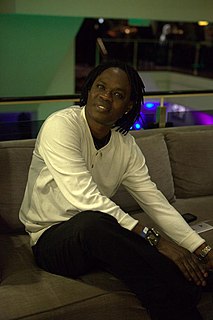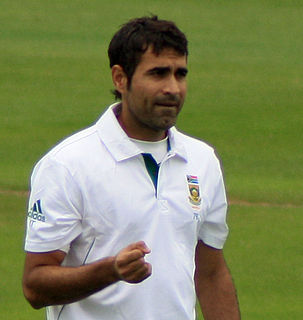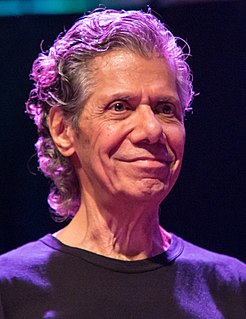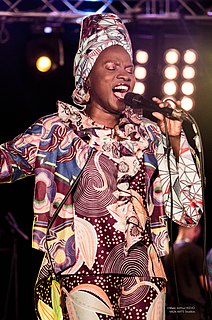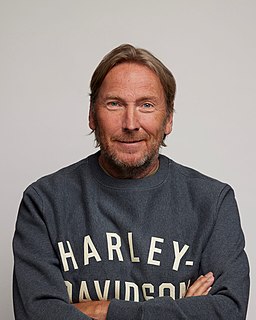A Quote by Kandyse McClure
Living here in North America - I have been Americanized. When I go back home now, there are things that I have far less tolerance for in South Africa. We've come such a long way in terms of race relations and the economy as well as people's willingness to move on. There are still a lot of things that are frustrating about being in South Africa.
Related Quotes
And now South Africa has finally woken up and it is doing great things. And if South Africa becomes the template to what AIDS is in the sub-Saharan continent, then all the other countries are going to follow suit. And Michel Sidibe, who spoke at the breakfast meeting this morning, was saying that there is so much hope for Africa now that South Africa has got its house in order.
When I was in government, the South African economy was growing at 4.5% - 5%. But then came the global financial crisis of 2008/2009, and so the global economy shrunk. That hit South Africa very hard, because then the export markets shrunk, and that includes China, which has become one of the main trade partners with South Africa. Also, the slowdown in the Chinese economy affected South Africa. The result was that during that whole period, South Africa lost something like a million jobs because of external factors.
Podor is a nice town. It's at the north of Senegal near the river. The town faces the other country that is Mauritania. It is a very cultural town, because at the beginning it was closest stop when you come from the Sahara and also when you come from the south to go to the north part of Africa. It was just at the middle, and so it's where a lot of cultures of West Africa come together.
We were land-based agrarian people from Africa. We were uprooted from Africa, and we spent 200 years developing our culture as black Americans. And then we left the South. We uprooted ourselves and attempted to transplant this culture to the pavements of the industrialized North. And it was a transplant that did not take. I think if we had stayed in the South, we would have been a stronger people. And because the connection between the South of the 20's, 30's and 40's has been broken, it's very difficult to understand who we are.
Livestock adopted in Africa were Eurasian species that came in from the north. Africa's long axis, like that of the Americas, is north/south rather than east/west. Those Eurasian domestic mammals spread southward very slowly in Africa, because they had to adapt to different climate zones and different animal diseases.
The point we are making is that the general global messages have been communicated, about the politics of South Africa, about the economy in general, all of these general questions. The rest of the world understands these things and are saying, let's now come to the specific things so that even we, as big corporate chiefs from around the world, can assist in these areas, which you have decided are your priority areas.




